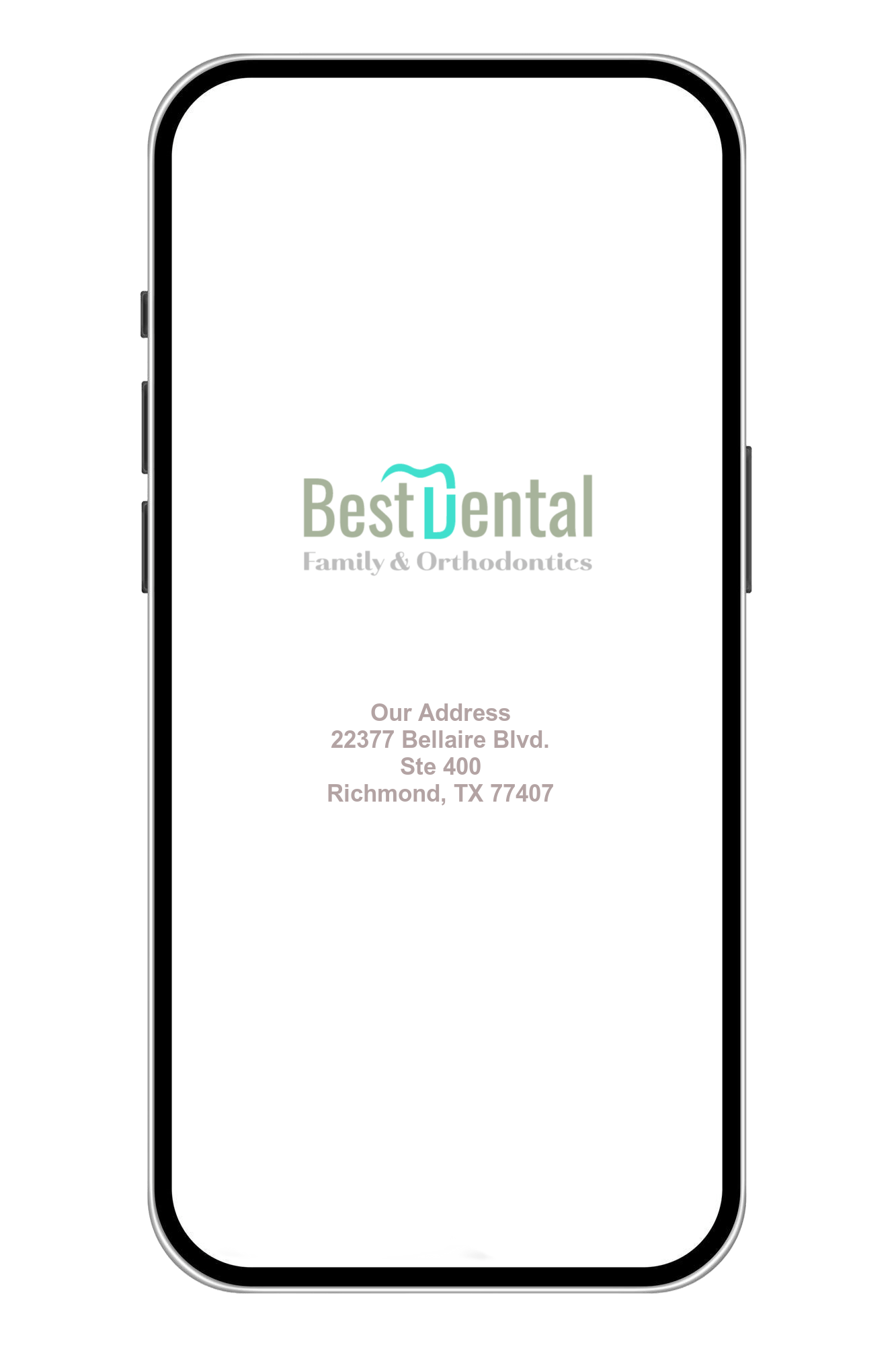Wisdom Teeth & Dental Insurance
The cost of wisdom teeth removal with insurance can vary significantly depending on several factors, including your dental insurance plan, the complexity of the extraction, and the geographical location of the dental practice. Wisdom teeth, also known as third molars, often require extraction due to their potential for causing dental problems, such as impaction, crowding, or infection. Dental insurance typically covers a portion of the cost, but the specific details of your coverage will play a crucial role in determining your out-of-pocket expenses. In this article, we will explore the factors that influence the cost of wisdom teeth removal with insurance, as well as provide insights into what you can expect when planning for this common dental procedure.
Percentage Coverage?
Determining the precise percentage of wisdom teeth removal cost covered by your insurance plan is crucial in understanding your potential financial obligations. Contact your insurance provider or refer to your policy documents to clarify the specifics of your coverage. Typically, dental insurance plans may cover a significant portion of the costs, ranging anywhere from 50% to 80% of the total expenses, depending on the terms of your policy. Additionally, some plans may have a maximum annual coverage limit for dental procedures, including wisdom teeth removal. Understanding the exact percentage covered by your insurance will enable you to anticipate your out-of-pocket expenses more accurately and plan accordingly.
Criteria?
Are there any specific criteria or conditions that must be met for the procedure to be covered by my insurance?
To determine whether there are any specific criteria or conditions that must be met for your wisdom teeth removal procedure to be covered by your insurance, it is essential to consult your insurance provider directly or review your insurance policy documents thoroughly. Some insurance plans may require pre-authorization from a dentist or a referral from a primary care provider to ensure that the procedure is deemed medically necessary. Additionally, certain plans may have specific guidelines regarding the severity of dental conditions or the stage of impaction that necessitates coverage. Understanding these specific criteria or conditions outlined by your insurance plan will help you navigate the approval process more efficiently and ensure that you meet the necessary requirements for coverage.

Do I need a referral from my primary dentist or any pre-authorization before scheduling the wisdom teeth removal procedure?
The necessity of a referral from your primary dentist or pre-authorization before scheduling a wisdom teeth removal procedure depends on the requirements outlined by your specific insurance plan. Some insurance policies may mandate a referral from your primary dentist or a pre-authorization from the insurance provider before you proceed with the extraction. These requirements serve to ensure that the procedure is deemed medically necessary and meets the criteria set forth by the insurance plan. It is advisable to contact your insurance provider directly or review your policy documents to confirm whether a referral or pre-authorization is necessary, as failing to meet these requirements may result in denied coverage for the procedure.
Are there any preferred providers or in-network dentists that I should consider for a more cost-effective procedure?
To find cost-effective options for your wisdom teeth removal procedure, it is recommended to inquire with your insurance provider about any preferred providers or in-network dentists within your insurance network. In-network dentists are those who have established agreements with your insurance company to provide services at negotiated rates, potentially resulting in lower out-of-pocket costs for you. Choosing a preferred provider or an in-network dentist can offer financial advantages and may ensure that you receive the maximum benefits from your insurance plan. You can obtain a list of these preferred providers from your insurance company or visit their website to explore the network of dentists available in your area.

What are the potential additional costs I might incur, such as anesthesia, X-rays, or follow-up appointments, and how are these covered by my insurance plan?
It is important to consider potential additional costs associated with wisdom teeth removal, such as anesthesia, X-rays, or follow-up appointments, and how these may be covered by your insurance plan. Anesthesia costs can vary depending on the type of anesthesia used during the procedure, with some insurance plans covering a portion of these expenses. X-rays may be necessary for proper diagnosis and treatment planning, and they may be partially or fully covered by your insurance, depending on the specific policy terms. Follow-up appointments for post-operative care may also incur additional charges, which can be partially covered by your insurance plan. To understand the extent of coverage for these additional costs, it is advisable to consult your insurance provider and review your policy details to determine the specific benefits and limitations related to anesthesia, X-rays, and follow-up appointments for the wisdom teeth removal procedure. Understanding these aspects will help you prepare financially and make informed decisions regarding your dental care.
More FAQs About Wisdom Teeth Removal Cost With Insurance
For More Information About Wisdom Teeth Removal Costs With Insurance Contact Our Team Today!
We look forward to hearing from you.

